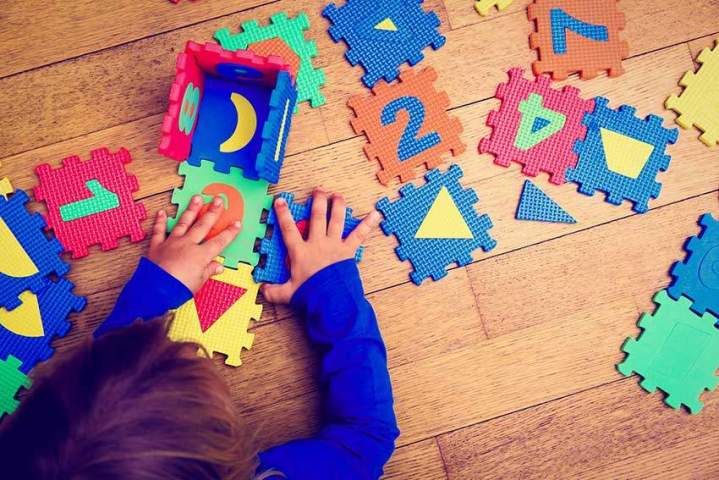How Do I Know If My Child Needs Special Needs Therapy?

Identifying when your child needs special needs therapy is crucial to providing the right support at the right time.
Signs to Look For: Recognizing Delays or Challenges
Recognizing the signs that your child may benefit from special needs therapy can be challenging, but early intervention is key to helping them thrive. While every child develops at their own pace, there are certain signs and behaviors that may indicate a need for additional support.
If your child is significantly behind their peers in areas like speech and language development, social interaction, or motor skills, therapy could be beneficial. For example, difficulties in making eye contact, understanding basic commands, or engaging in simple conversations may signal developmental delays. Additionally, if your child exhibits challenging behaviors such as frequent tantrums, aggression, or difficulty adapting to change, it may be a sign that behavioral therapy could help.
Other red flags might include sensory sensitivities, like an overwhelming response to loud noises or certain textures, or struggles with self-care tasks, such as dressing, feeding, or using the restroom independently. If you observe any of these behaviors or developmental concerns, it’s important to consult with a professional to determine if therapy is the right course of action.
How Therapy Can Make a Difference: Transforming Challenges into Strengths
Special needs therapy can make a profound difference in a child’s life by addressing developmental challenges and supporting them in reaching their full potential. Through targeted interventions, therapy helps children build important skills, manage behaviors, and foster independence.
For instance, speech therapy can enhance a child’s communication abilities, allowing them to express themselves more clearly and engage with others more confidently. Behavioral therapy can teach coping mechanisms for managing frustration, anxiety, or aggression, improving emotional regulation and social interactions. Occupational therapy can help with everyday tasks like dressing, eating, or participating in school activities, allowing children to gain greater independence.
By identifying early signs and seeking therapy, parents can provide their children with the support they need to overcome obstacles. Therapy not only helps with immediate challenges but also sets the stage for long-term growth and success. If you notice developmental delays, behavioral concerns, or difficulties with daily living, seeking therapy could provide your child with the foundation for a brighter future.
